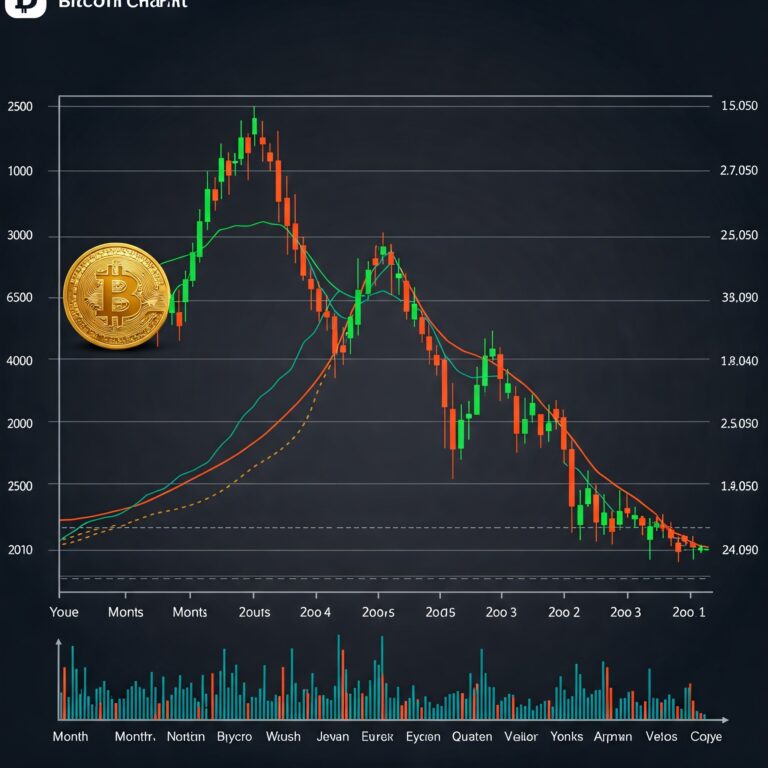
2024 has proven to be a record-breaking year for the cryptocurrency industry, not just in market growth but also in the unfortunate surge of cybercrimes. Cryptocurrency platforms have suffered significant losses, totaling over $2.3 billion due to hacking incidents, a stark 40% increase from the previous year. This escalation in cyberattacks highlights the ongoing security challenges within the crypto ecosystem, despite advancements in blockchain technology aimed at enhancing security.
The most notable breaches included a $305 million loss by Japan’s DMM Bitcoin in May and a $235 million heist from India’s WazirX in July, showcasing the vulnerability of both centralized and decentralized finance systems. These incidents not only represent financial losses but also shake investor confidence in the security of cryptocurrency platforms.
Key Drivers of the Surge:
- Access Control Vulnerabilities: A significant portion of the stolen funds, approximately 81%, was due to breaches in access controls, underscoring the critical need for robust key management and security protocols.
- DeFi’s Risky Landscape: Decentralized Finance (DeFi) platforms were particularly hard-hit, with smart contract vulnerabilities being a dominant attack vector. Despite undergoing audits and penetration testing, these platforms still fell prey to sophisticated hacks.
- North Korean Cyber Operations: There’s been a notable increase in hacking incidents linked to North Korea, with losses attributed to these attacks doubling to $1.3 billion in 2024. This surge is believed to be part of efforts to circumvent international sanctions through the illicit gains from crypto thefts.
Industry Response and Future Outlook: The crypto industry is now at a critical juncture, where the balance between innovation and security must be recalibrated. The recent trends indicate an urgent need for:
- Enhanced Security Measures: Implementing advanced AI-powered risk assessment, transaction validation, and anomaly detection could help in preempting many of these attacks.
- Regulatory Attention: Increased regulatory scrutiny might push for better compliance and security standards across crypto platforms.
- User Education: There’s a growing consensus on the importance of educating users about the risks of engaging with cryptocurrencies, especially in the realm of DeFi where the risks are higher due to the experimental nature of the platforms.
As the crypto market continues to attract more institutional and retail investors, driven by significant price movements like Bitcoin’s surge past $100,000, the spotlight on security will only intensify.





